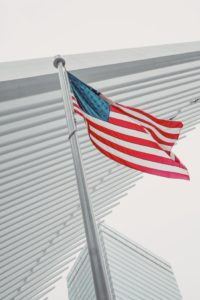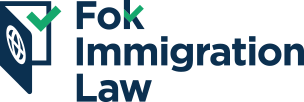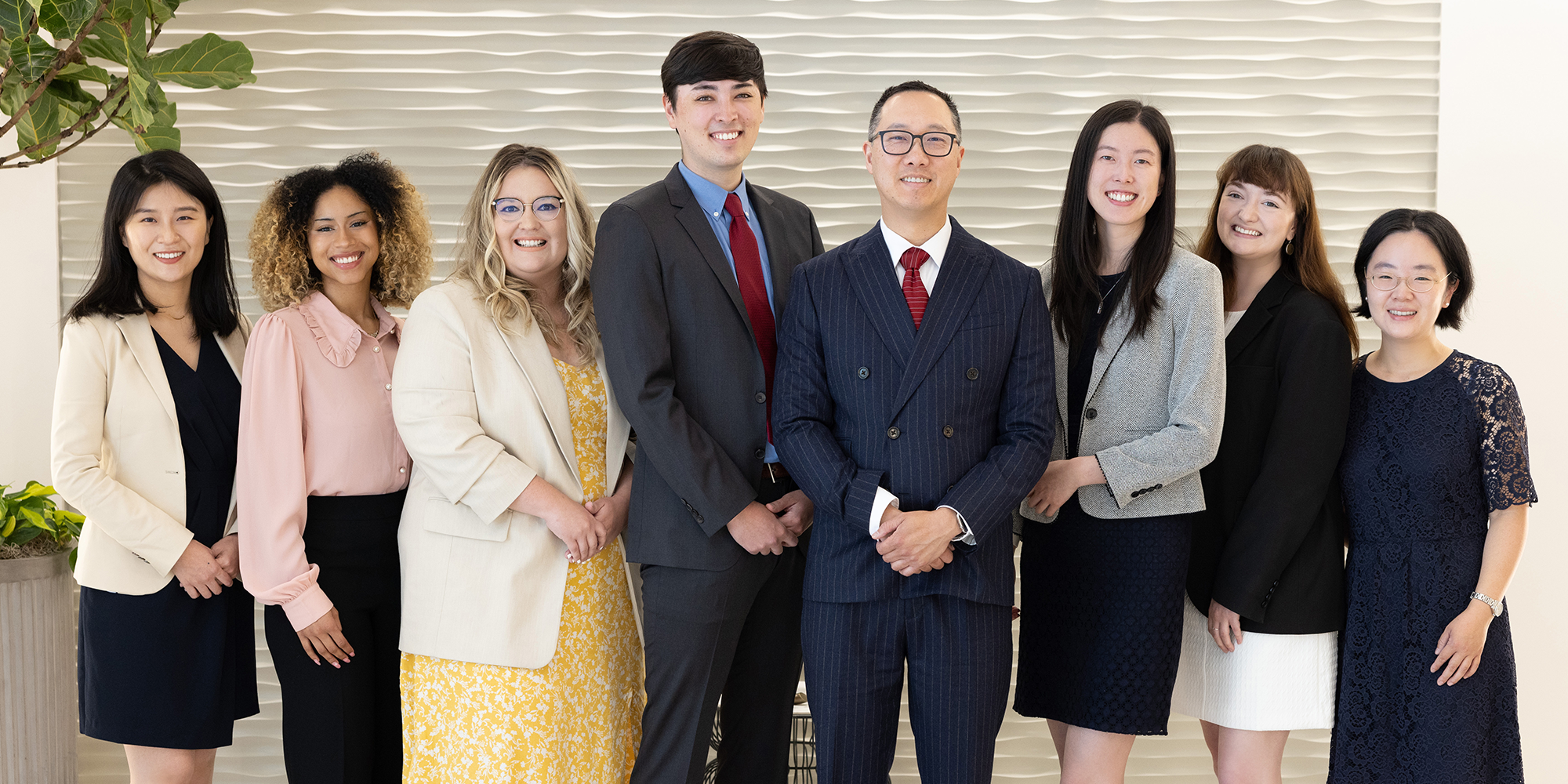
By Justin G. Fok
As many of our readers are aware, on January 30, 2019, the
United States Citizenship and Immigration Services (“USCIS”) announced a final
rule that modified the selection process for selecting H-1B petitions for the
2020 fiscal year (2019 calendar year) H-1B cap.
While this was not the major change to the selection process many were
hoping for, this modification does significantly affect the odds of selection
for certain H-1B applicants.
Judging from last year’s lottery selection numbers, the odds
of being selected for the standard H-1B cap, (those not holding a master’s
degree or higher from a U.S. institution), was approximately 38%. H-1B beneficiaries who held a master’s degree
of higher from a U.S. Institution (“advanced degrees”) had a higher chance at
roughly 51% since they had two chances of getting selected. Procedurally, the USCIS first ran a lottery
specifically for the 20,000 slots for advanced degree holders, then ran a
second lottery for the standard H-1B lottery slots of 65,000, and also included
the advanced degree holders who were not selected in the first lottery.
For this year, the USCIS will now run a first lottery with
all H-1B petitions, and then run a second lottery for those beneficiaries who
hold advanced degrees from a U.S. institution who were not selected for this
first lottery. By modifying the order of
selection this year, the USCIS believes that it would increase the selection rate
of advanced-degree H-1B’s by 16%.
We predict that the number of H-1B petitions this year
should stay roughly in-line with the number of petitions last year. Assuming that this is the case, we believe
that selection for the standard lottery should decrease to roughly 34% and the
selection for those with advanced degrees from U.S. institutions should
increase to roughly 55%
This is good news for beneficiaries holding advanced degrees
from U.S. institutions but bad news for people who have bachelor degrees or
advanced degrees from foreign institutions.
Even considering the increased chance at 55%, the H-1B lottery, at best,
still relegates a person’s working career and the labor needs of an American
employer to roughly a coin flip’s chance of being accepted.
Overall, we feel that these numbers further demonstrate the
need for an increase in the total number of H-1B’s allotted each year and we
hope that Congress decides to act soon.


